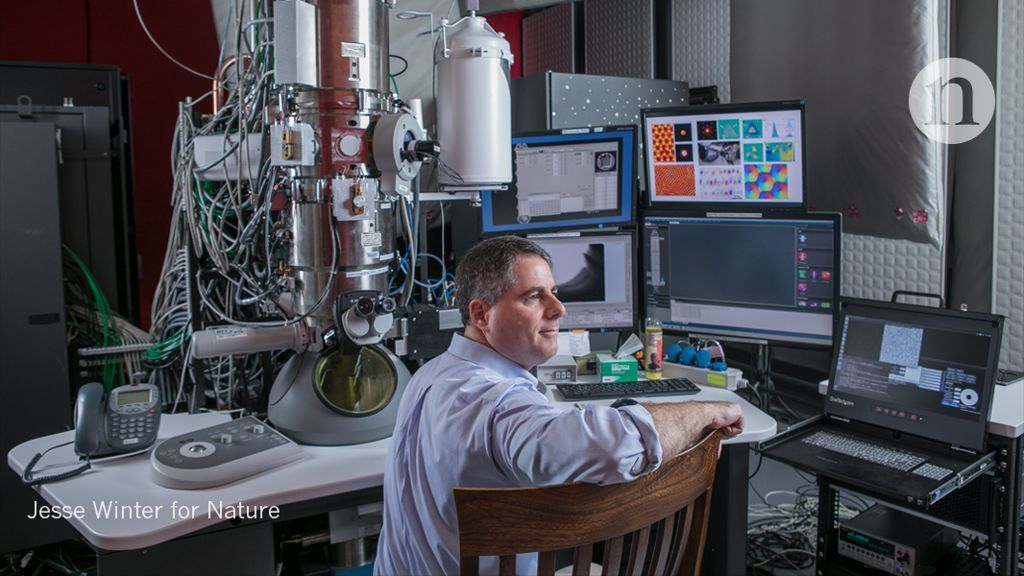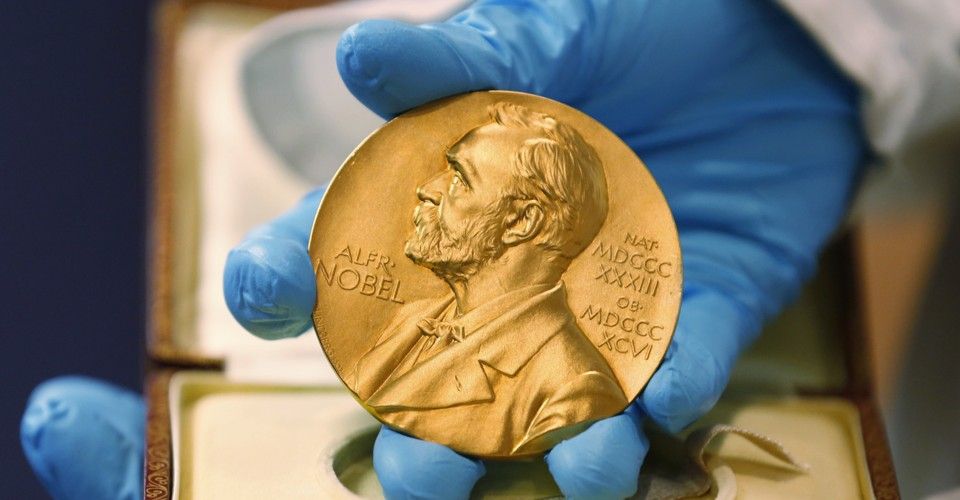Meet the Indian-American star of Brainchild.



Very excited to join IdeaXme (http://radioideaxme.com/) as Longevity Ambassador, utilizing this wonderful media platform to help expand global awareness of the people engineering a future free of aging, disease, degeneration, and suffering.
Robotic refueling. 3D Forest imagery. And two student experiments inspired by Marvel’s “Guardians of the Galaxy.” These are just a few of the studies that will be added to the hundreds onboard the International Space Station with the SpaceX cargo launch on Dec. 4! Watch more:


Scientists can’t study what they can’t measure — as David Muller knows only too well. An applied physicist, Muller has been grappling for years with the limitations of the best imaging tools available as he seeks to probe materials at the atomic scale.
One particularly vexing quarry has been ultra-thin layers of the material molybdenum disulfide, which show promise for building thin, flexible electronics. Muller and his colleagues at Cornell University in Ithaca, New York, have spent years peering at MoS2 samples under an electron microscope to discern their atomic structures. The problem was seeing the sulfur atoms clearly, Muller says. Raising the energy of the electron beam would sharpen the image, but knock atoms out of the MoS2 sheet in the process. Anyone hoping to say something definitive about defects in the structure would have to guess. “It would take a lot of courage, and maybe half the time, you’d be right,” he says.
This July, Muller’s team reported a breakthrough. Using an ultra-sensitive detector that the researchers had created and a special method for reconstructing the data, they resolved features in MoS2 down to 0.39 angstroms, two and a half times better than a conventional electron microscope would achieve. (1 Å is one-tenth of a nanometre, and a common measure of atomic bond lengths.) At once, formerly fuzzy sulfur atoms now showed up clearly — and so did ‘holes’ where they were absent. Ordinary electron microscopy is “like flying propeller planes”, Muller says. “Now we have a jet.”

Click on photo to start video.
NASA’s Rocket Science in 60 Seconds gives you an inside look at work being done to explore deep space. In the latest episode you can hear Rob Stough, payload utilization manager for our NASA’s Space Launch System, talk about the power we needed to boost the rocket into space and send NASA’s Orion Spacecraft to the Moon. Watch: https://youtu.be/0VB9aI3xVFs


From bionic eyes to gene editing, how can we use science to bring back sight?

Perhaps this lack of response is in part because some scientists see acknowledging diminishing returns as betraying scientists’ collective self-interest. Most scientists strongly favor more research funding. They like to portray science in a positive light, emphasizing benefits and minimizing negatives. While understandable, the evidence is that science has slowed enormously per dollar or hour spent. That evidence demands a large-scale institutional response. It should be a major subject in public policy, and at grant agencies and universities. Better understanding the cause of this phenomenon is important, and identifying ways to reverse it is one of the greatest opportunities to improve our future.
Despite vast increases in the time and money spent on research, progress is barely keeping pace with the past. What went wrong?

Still, the data trove has enabled Science, working with Retraction Watch, to gain unusual insight into one of scientific publishing’s most consequential but shrouded practices. Our analysis of about 10,500 retracted journal articles shows the number of retractions has continued to grow, but it also challenges some worrying perceptions that continue today. The rise of retractions seems to reflect not so much an epidemic of fraud as a community trying to police itself.
Better editorial oversight, not more flawed papers, might explain a flood of retractions.